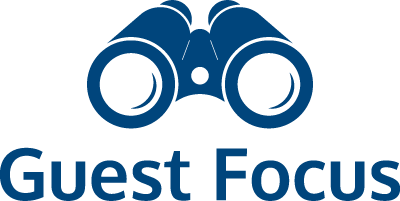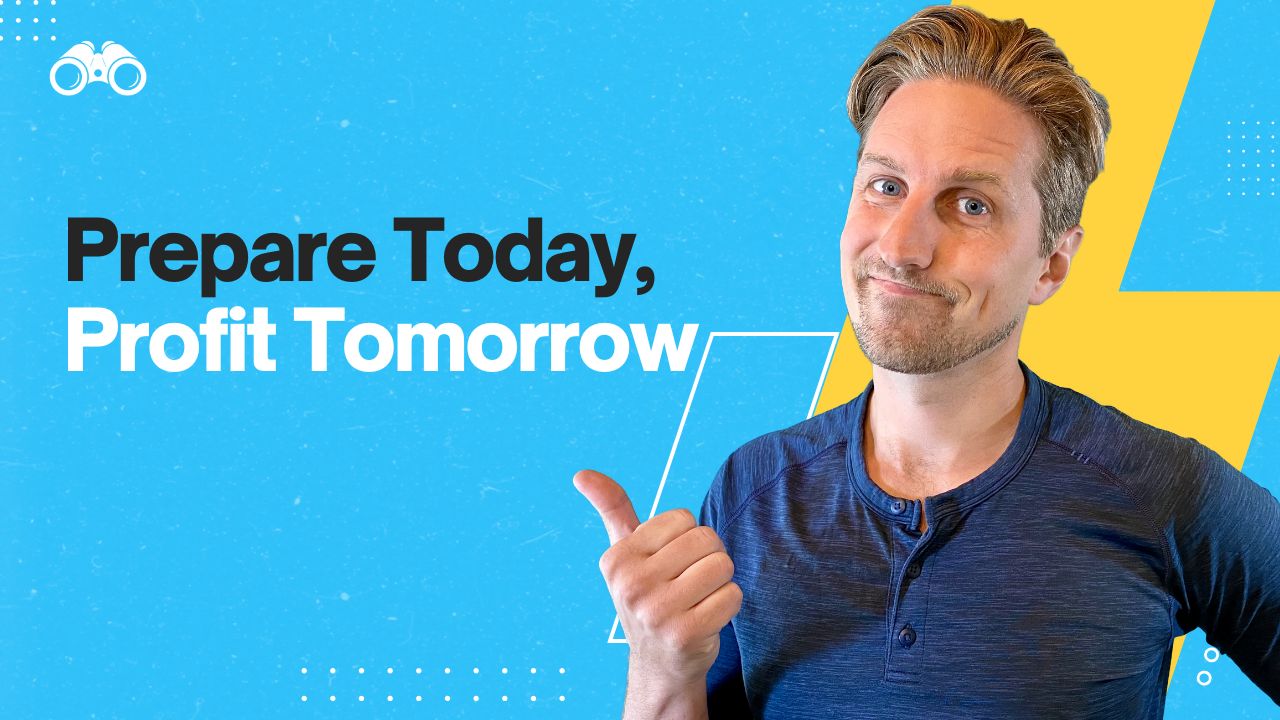3 Proactive Steps to Recession-Proof Your Tour Business Before It's Too Late
This is our third installment of our crisis communications series. Be sure to read the first and second articles of the series or catch up on all the videos here.
The best time to prepare your tour business for a recession is when you don’t need to.
When sales start dropping and bookings slow down, it’s already too late to build resilience. The tour operators who weather economic downturns aren’t the ones scrambling for solutions after the fact—they’re the ones who strengthened their foundations while business was still good.
The good news? Preparing your tour business for potential economic uncertainty doesn’t require a complete overhaul of your operations or product lineup. Small, strategic adjustments made now can create significant protection later.
Here are three practical steps you can implement this month to help safeguard your tour business against future downturns.
1. Double Down on Lifetime Value
When facing uncertainty, many tour operators instinctively chase new bookings. Instead, shift your focus to getting more value from each existing guest.
This approach breaks down into three core strategies:
First, drive repeat bookings from past customers. Build a VIP list of your raving fans and past clients. Re-engage these relationships through personalized communication—not mass emails.
For multi-day operators, this might be as simple as a message saying, “Hey Sarah, thanks again for joining us in Florence last fall. We’re opening up dates for the summer season, and we’d love to host you again if Europe’s on your radar.”
If you run day tours like a food tour in Chicago, try something like, “Hey Sarah, thanks for joining our downtown food tour last spring. We’ve just launched a new Wicker Park route for 2025 and would love to personally invite you to be one of the first to experience it.”
These personal touches make past guests feel seen, remembered, and valued. Even when they can’t return themselves, they often refer others. When people get cautious about spending on travel, they typically book with operators they already know and trust—or ones that their friends recommend.
Second, increase your average booking value through upsells, add-ons, and packages.
Third, actively encourage and facilitate referrals from satisfied guests.
2. Simplify Your Offerings
Economic uncertainty is the perfect time to clean house. If you’ve got a large menu of tours and experiences, ask yourself which ones consistently sell well and which ones generate the most profit.
Cut anything that’s underperforming or consuming valuable resources. Now isn’t the time to carry dead weight.
Decision fatigue is real, especially when people feel cautious about spending. Make it easier for potential guests to choose by focusing on your bestsellers—the experiences with the highest conversion rates and happiest guests. Put these front and center in your marketing.
Then optimize these core offerings. Consider trip protection as an upsell that increases average order value while giving customers peace of mind through more flexible cancellation policies. Look for opportunities to add complementary experiences to your best-selling products.
Create appropriate urgency, highlight limited availability when relevant, and keep the booking process as frictionless as possible.
Remember: Less choice often leads to more bookings.
3. Build Your List and Community
Your most valuable asset during a downturn is your owned audience—your email list and community.
When economic pressures force you to pull back on paid advertising or when ad costs spike, having direct communication channels becomes crucial. You don’t want to have to pay for access to your prospects every time you want to reach them.
Algorithms change, ad costs rise, and organic reach decreases, but your email list remains yours—no gatekeepers, no ongoing costs to communicate with your ideal guests.
If you’re not actively building an email list and setting up automated sequences, now is the time to start.
Create lead magnets that provide genuine value to your target audience. One of our clients at Target Tours, which offers multi-day tours for Atlantic Canadians, created a simple guide: “Seven Costly Mistakes Atlantic Canadians Make When Booking Travel.” This resource consistently adds qualified prospects to their email database.
Beyond digital downloads, consider hosting regular Zoom workshops or webinars. These shouldn’t be sales presentations but genuine value-adds for your ideal guests. To register, participants provide their email addresses, allowing you to nurture these relationships over time.
Facebook groups or WhatsApp communities centered around shared challenges or values also work well. For private Facebook groups, you can request email addresses from those wanting to join.
This approach works for day tour operators too. With the right lead magnets across your online presence, you can capture emails from people researching trips months in advance. By staying helpful and providing value through your email communications, you remain top of mind when these prospects finally arrive at your destination.
During economic downturns, being able to communicate directly with interested prospects without paying for each interaction becomes one of the most cost-efficient marketing approaches available.
Prepare, Don’t Panic
While this isn’t an exhaustive list of recession-proofing strategies, these three steps provide concrete actions you can take right now if you’re feeling anxious about economic uncertainty:
- Double down on lifetime value from past guests
- Simplify what you sell and increase average booking value
- Build your own direct communication channels
You don’t need to panic, but you do need to prepare. Focus on what’s under your control and start strengthening your business today—before you need to.




